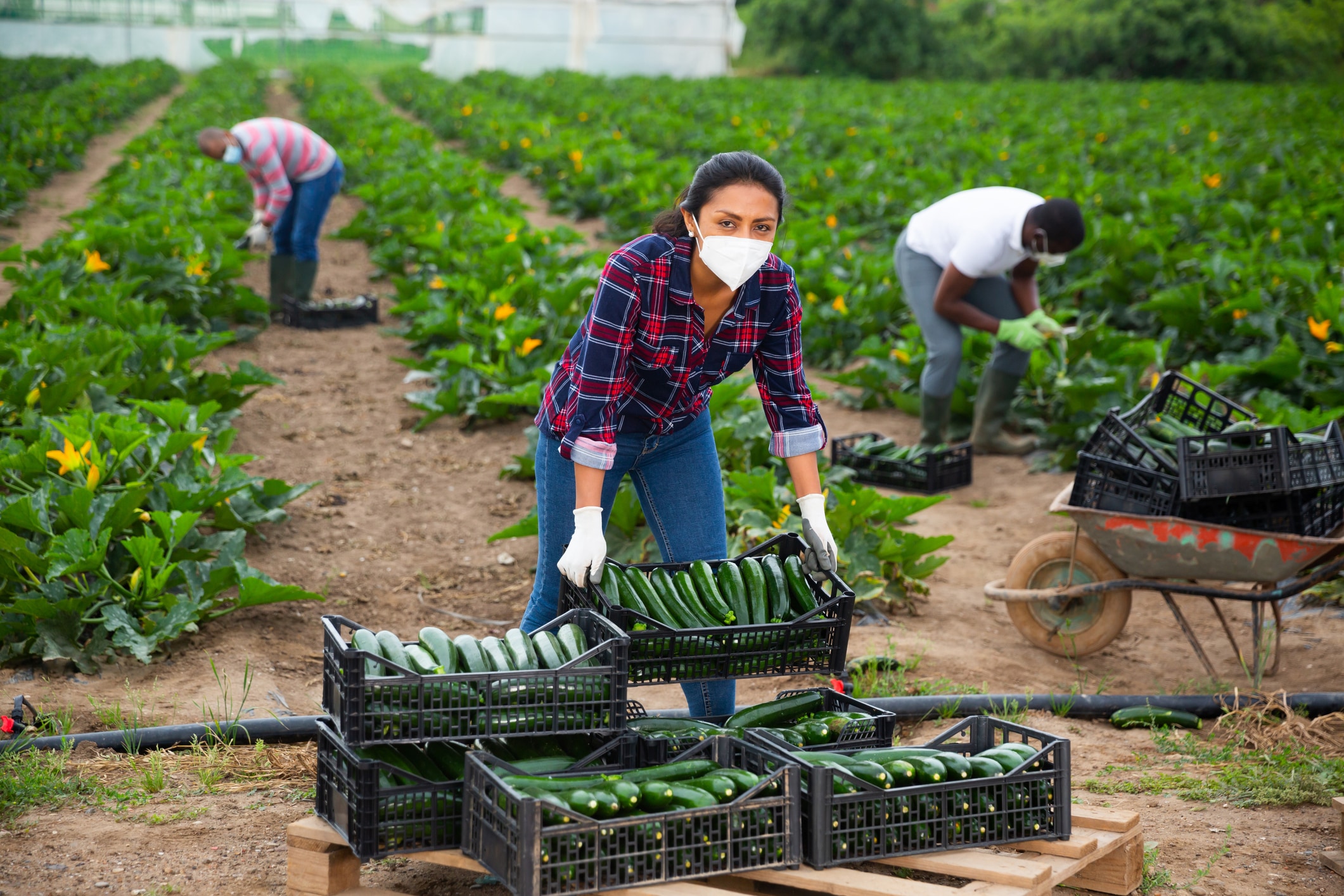Your employer must provide you with certain protections.
- Before you work in a treated area, you should receive training and access to site-specific information about the recent pesticide application(s).
- When you're working in a treated area, your employer should provide materials for routine washing and emergency decontamination.
- Within two years after working in a treated area, you can request information about pesticides you may have been exposed to, either by asking directly or through a designated representative.
- You must be at least 18 years old to perform "early-entry" tasks.
- Your employer cannot retaliate against you for complying with the WPS.
FAQ
What are my responsibilities as a worker?
A worker has no responsibilities under WPS. Instead, the agricultural employer must provide protections to workers. However, there are things you can do to protect yourself, other workers, and your family.
What are my employer's responsibilities under the WPS?
Employers must not retaliate against you and other workers attempting to comply with the Worker Protection Standard (WPS), filing a complaint, or providing information during an investigation of WPS noncompliance.
Which activities require worker training?
As a worker, how can I get the required training under the WPS?
Ask your employer, foreman, or labor contractor about worker training. It is the employer's responsibility to provide this training before you begin working in treated areas, and it must be provided every 12 months. Depending on your situation, you may receive training on-site or your employer may organize training before work begins.
How and when will I be informed about pesticides in my workplace?
Your employer is responsible for ensuring you receive protections under the WPS, including the relevant hazard communication.

